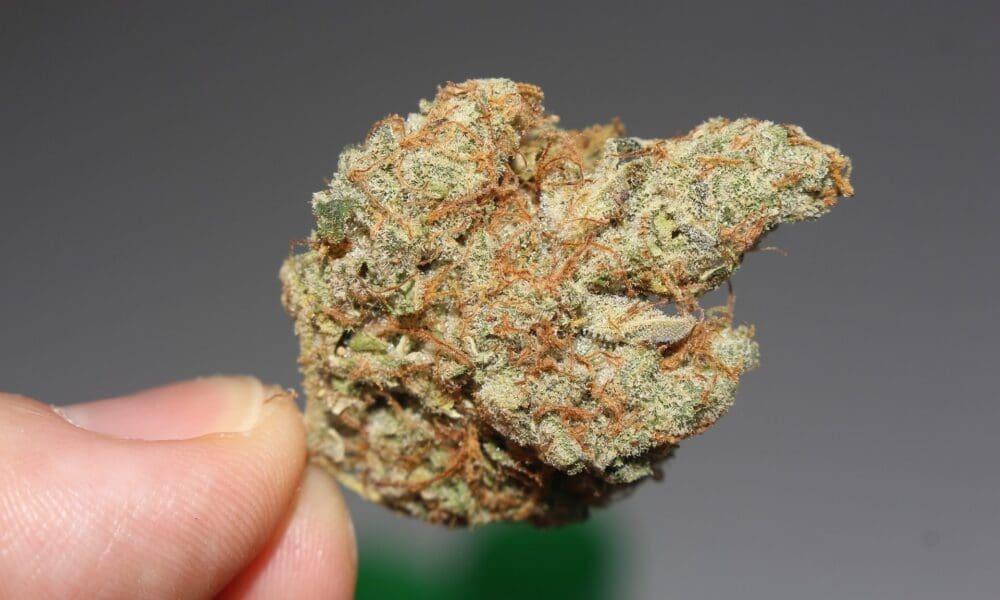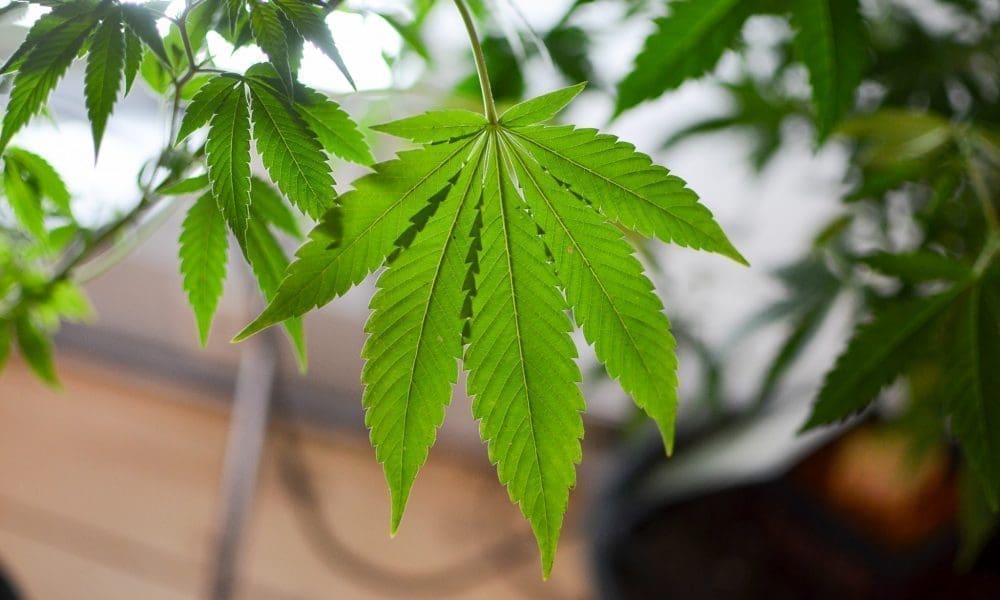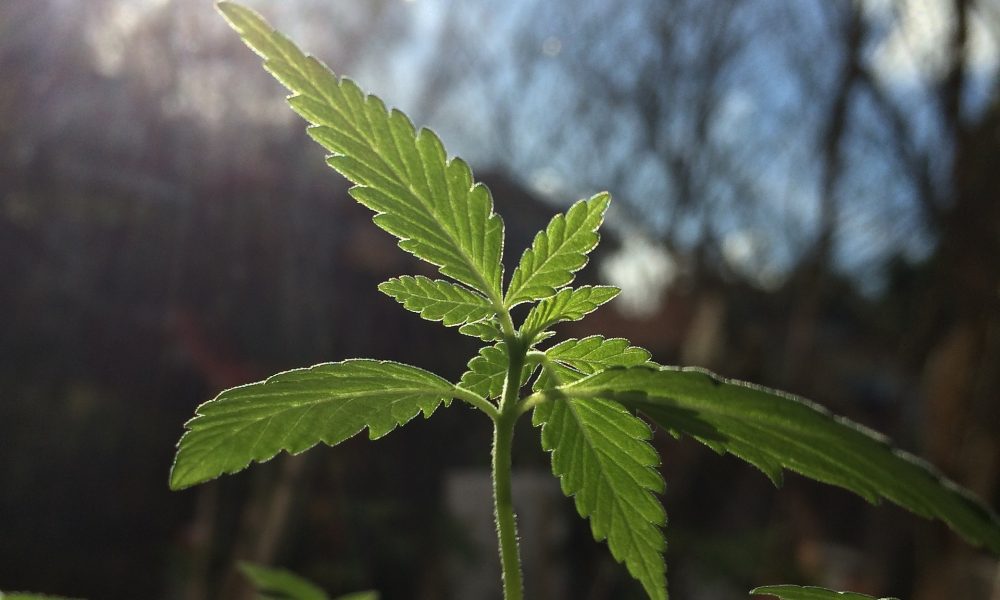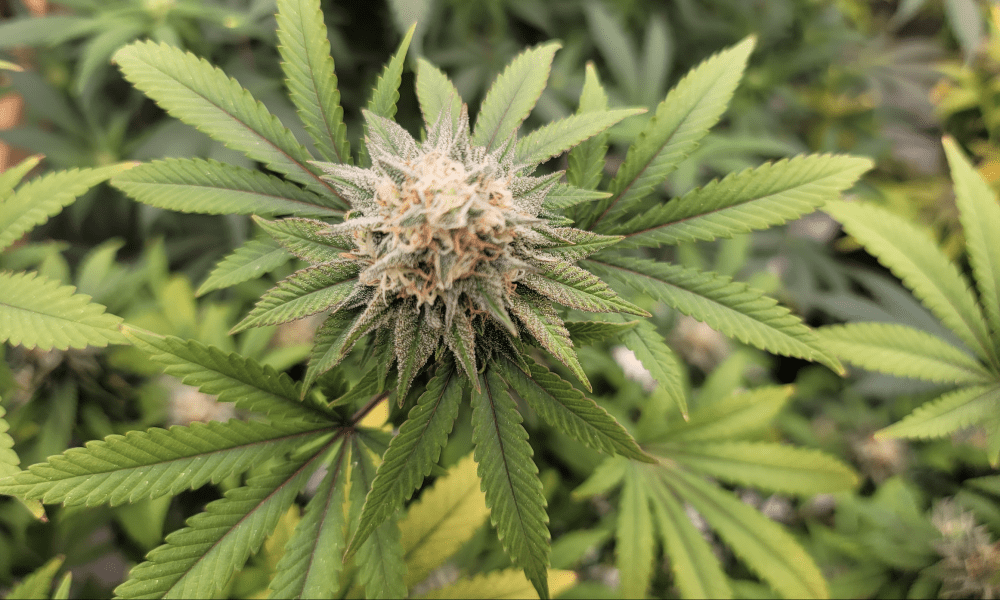
Delaware House Votes To Expand Medical Marijuana Access By Letting Patients 65+ Self-Certify Without Doctors
The Delaware House of Representatives has approved a bill to significantly expand the state’s medical marijuana program ahead of the launch of adult-use sales that may take another year to implement. About two weeks after the legislation from Rep. Ed Osienski (D) cleared committee, the full...



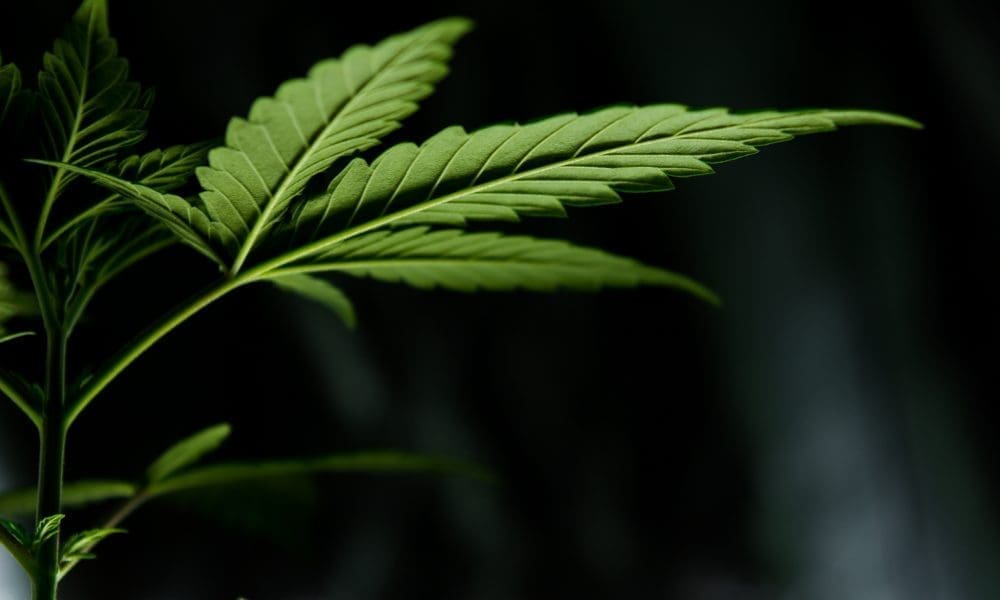
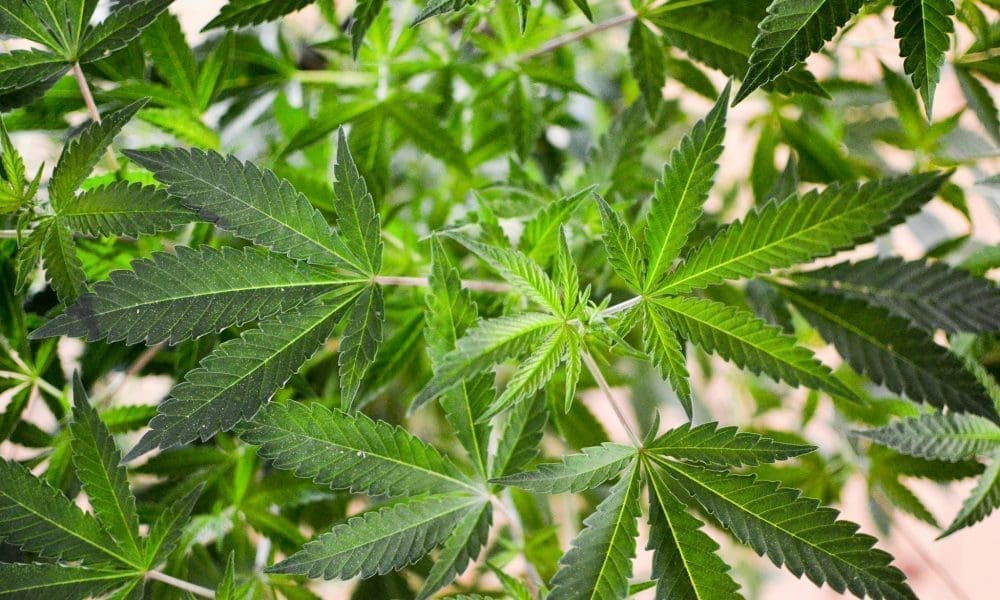
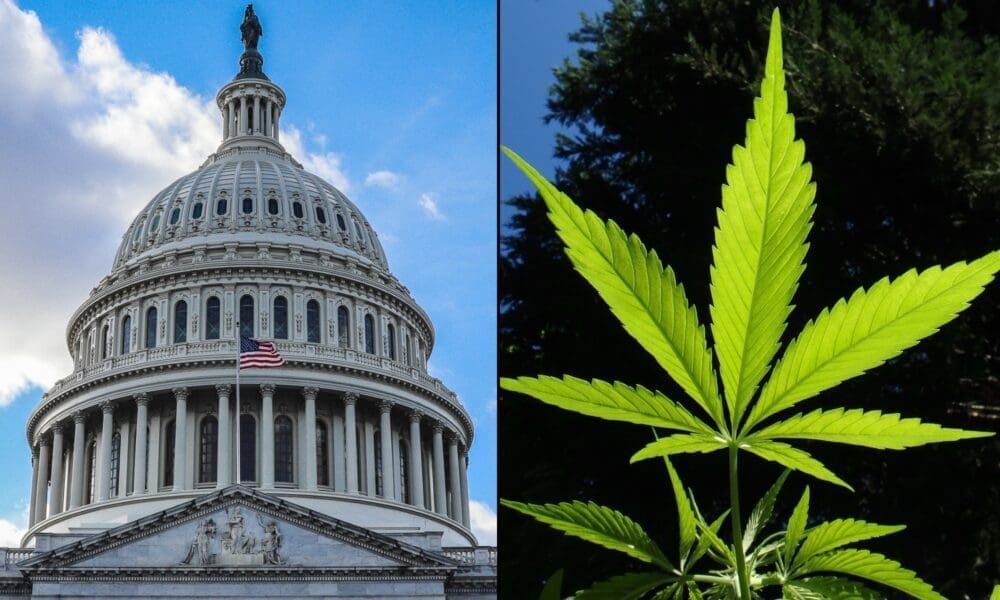


 or feed them to anything you WOULD eat...
or feed them to anything you WOULD eat...